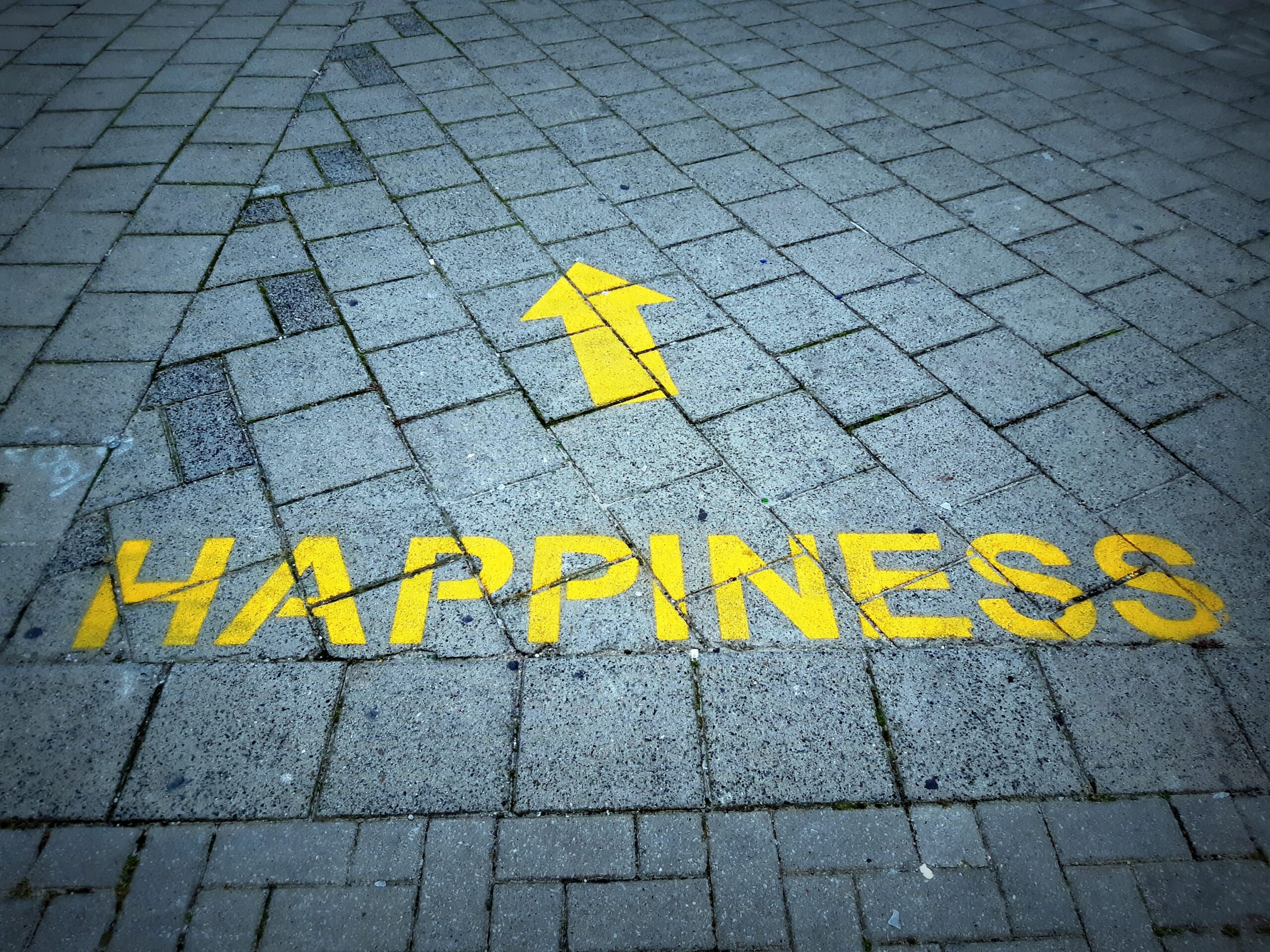Dear Anna,
As an accomplished, 46-year-old man, I’ve seemingly achieved the dream of many. I have a beautiful house, a loving wife who has been a rock for many years, and plenty of money—so why am I not happy? I grapple almost daily with feelings of restlessness, a gnawing emptiness that I can’t seem to shake off, and a hollow discontentment that lurks around even in the happiest of moments. Is there more to happiness and fulfillment than this seemingly perfect life I’ve built? Are there pieces of the puzzle I’m missing? I would be truly grateful for any guidance on discovering what seems to be eluding me.—Searching for Happiness
Dear SFH,
Congratulations! You’ve discovered that material possessions and societal expectations don’t guarantee happiness. This is huge. Many people don’t ever get to this point of questioning, let alone doing anything to change it.
In wondering these things, you’re already ahead of the game. Next up is realizing that happiness comes from within not from without. Meaning contentment is not tied to external validation, social status, or material wealth.
It is tied to having a strong sense of gratitude, meaningful social connections, and fulfilling one’s inner desires and purpose.
(Plus, you know, getting enough sleep and exercising, which you are, right? If not, add these to the list.)
Let’s also talk briefly about age. Midlife is often a huge time of questioning and introspection. You’re at a stage where you realize there are paths you’ll never tread but are still young enough to have a considerable journey ahead, both in your career and personal life.
Most people wouldn’t necessarily categorize this as a full-scale crisis; however, it’s not uncommon to wrestle with a sense of ennui during midlife. A general decline in life contentment can start in our early 20s, hitting a low while we’re in our 40s. (47.2 to be exact!)
Paradoxically, this dip happens despite reaching peaks in several areas that we typically associate with satisfaction, such as house, spouse, career fulfillment, 2.5 kids—all the things we’ve been taught to strive for, basically.
But don’t worry, according to researchers, once we hit our 50s, the happiness curve shoots up again and keeps going for decades. Our happiest times may well be in our 70s, contrary to popular belief.
While the foundation of a stable home, a loving spouse, and financial security is an incredible start, many people find that these alone are not enough to sustain a deep sense of contentment. It’s crucial to invest time in nurturing your own wellbeing through self-discovery (or rediscovery, perhaps), being thankful for what you have, and fostering deeper relationships with your loved ones.
Think about your values, passions, and interests. What has truly made you happy in the past? What makes you excited to get out of bed in the morning? What do you love? What are you good at? (Or want to be better at?) Explore new hobbies, engage in volunteer work, spiritual practices, or mindfulness, or take up activities that encourage creativity or establish a deeper connection with nature. Reflect on the quality of the relationships in your life and come up with a game plan for improving those connections. Being more social, which is admittedly harder in middle age, will likely help to fill the void you’re experiencing.
To start increasing your happiness right away, you might also want to explore available resources. Try the free Yale course on happiness. (Or read the Cliff’s Notes version of the main points of the course here.) There are also some great books on the topic, including: The How of Happiness, Flourish, and Flw.
These are all jumping off points to get you started, but remember that change takes time and so does forming new habits. And even if you do nothing, in the next few years, your happiness will likely increase anyway—thanks to overcoming the dip in the U-shaped happiness curve. So, you have that to look forward to.
But don’t let midlife malaise stop you from taking action now.
Remember this quote by Mahatma Gandhi: “Happiness is when what you think, what you say, and what you do are in harmony.” Start exploring the harmony within yourself, and you may just find the contentment you seek.
Anna Pulley is a syndicated Tribune Content Agency columnist answering reader questions about love, sex and dating. Send your questions via email (anonymity guaranteed) to redeyedating@gmail.com, sign up for her infrequent (yet amazing) newsletter, or check out her books!
This column originally appeared on The Chicago Tribune.



